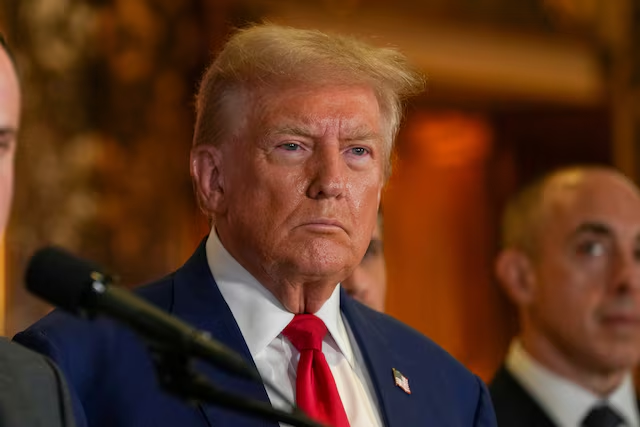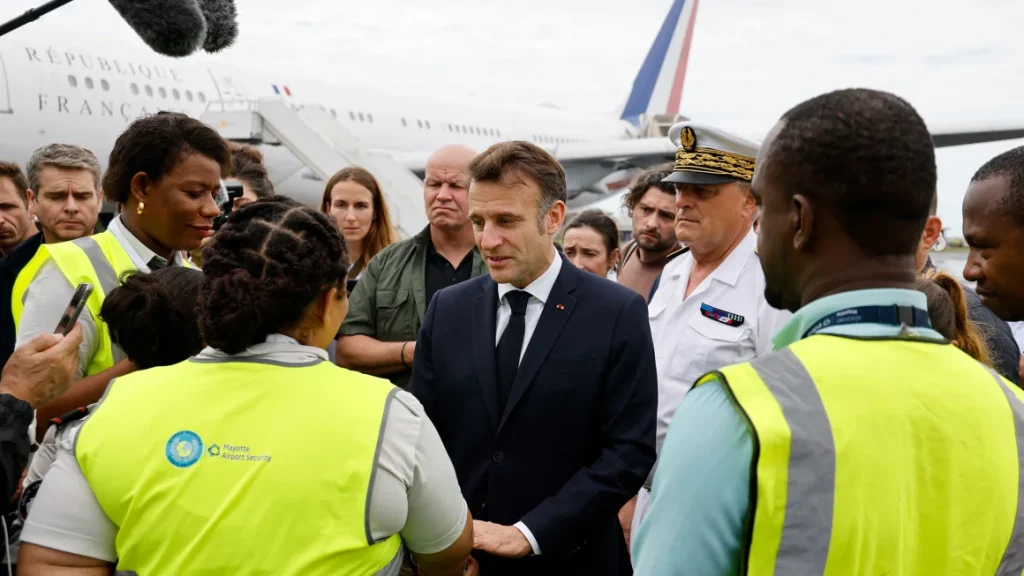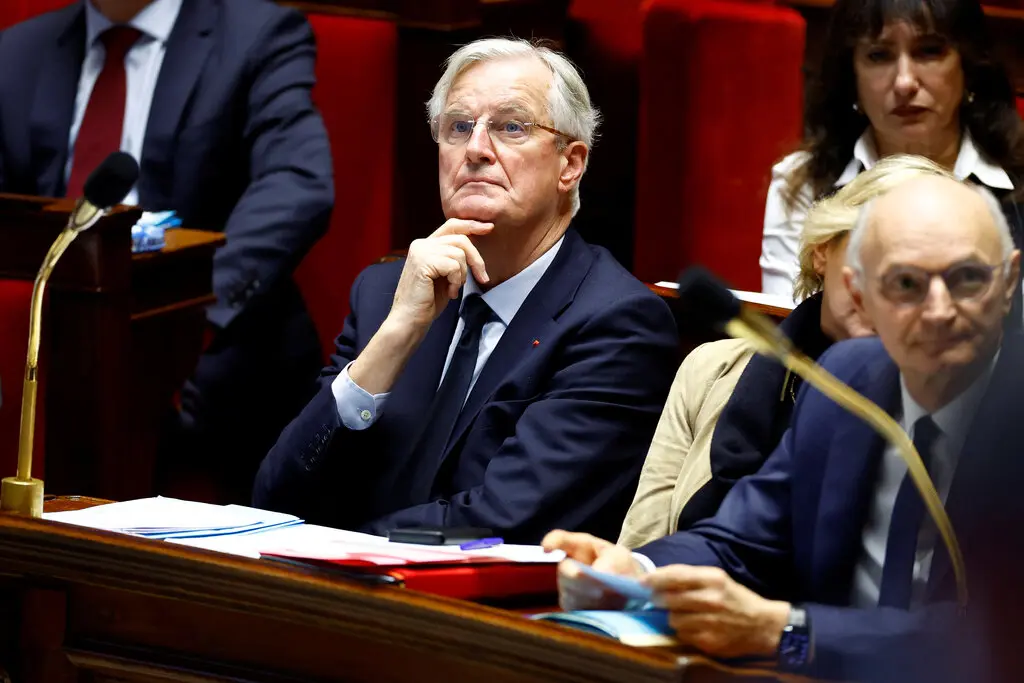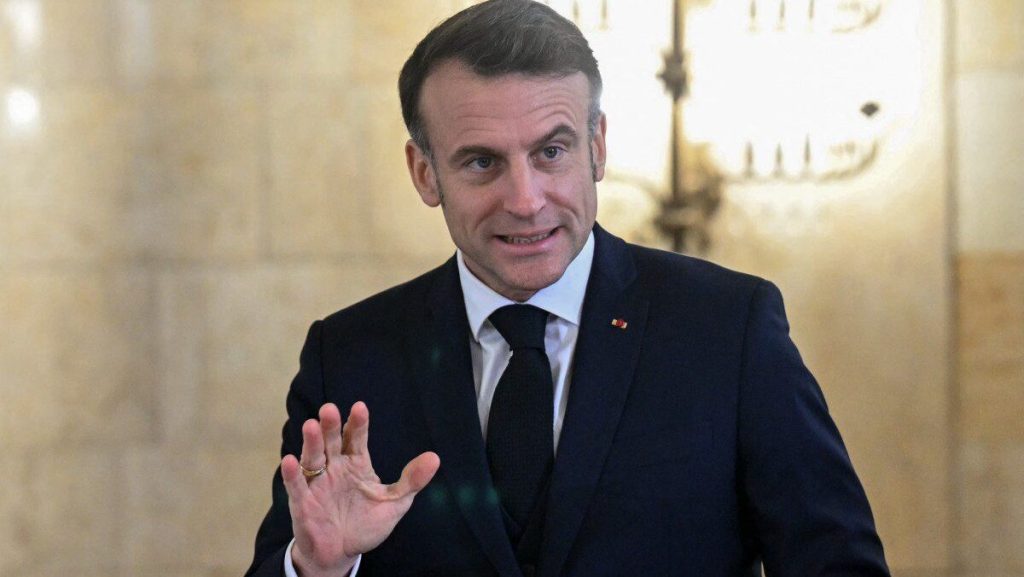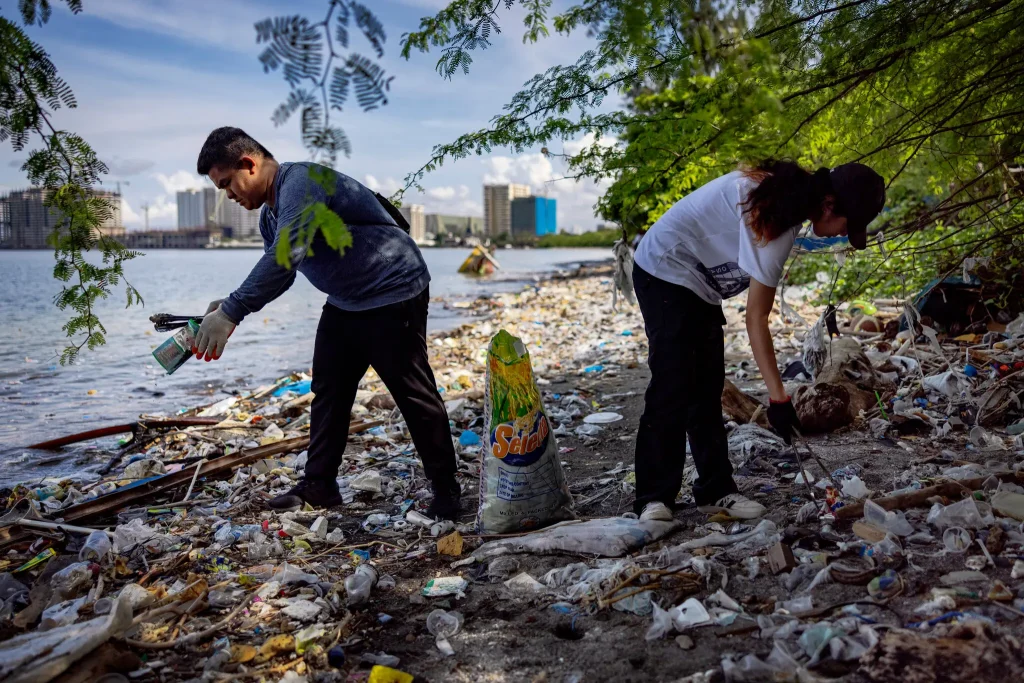Emmanuel Macron Opposes Mercosur Trade Deal Over Environmental Concerns and Farmers’ Interests
French President Emmanuel Macron has reiterated his opposition to the Mercosur trade deal, which aims to create a free trade zone between the European Union and the South American bloc consisting of Argentina, Brazil, Paraguay, and Uruguay.
Macron’s stance, voiced on November 17, 2024, highlights ongoing concerns over the environmental impact of the deal and its potential consequences for European farmers.
His comments were made during his visit to Argentina as part of his Latin American tour, where he also attended the G20 summit in Buenos Aires.
The Mercosur-EU trade agreement, finalized in 2019 after years of negotiations, promises to reduce tariffs, open up new markets, and foster economic cooperation between the two regions.
However, it has faced significant resistance, particularly in France and other EU member states, where concerns about its environmental impact, agricultural market access, and the protection of local industries have been central points of contention.
Macron has long been a vocal critic of the deal, particularly due to fears that it will exacerbate deforestation in the Amazon and undermine European environmental standards.
In his recent statements, he emphasized that any trade deal should not come at the expense of the planet’s future and the livelihoods of French farmers.
“We cannot ignore the environmental issues at stake, and Mercosur countries must uphold commitments to the climate and deforestation,” Macron remarked during his visit to Buenos Aires.
France, which has a large agricultural sector, has raised concerns that the Mercosur deal could flood European markets with cheaper agricultural products from South America, particularly beef, soy, and sugar, undercutting local farmers.
French farmers argue that the deal could create unfair competition, especially given that many South American countries do not adhere to the same stringent environmental and regulatory standards as the EU.
There are also concerns about the potential for increased deforestation in countries like Brazil, where large-scale agricultural expansion, particularly for cattle ranching and soy cultivation, has contributed to the destruction of the Amazon rainforest.
The French president’s stance was echoed by various environmental and agricultural groups within the EU, who have called for stronger provisions in the agreement to protect the environment and European agriculture.
The European Union, which has long championed climate action, is facing growing pressure to ensure that any trade deals it strikes do not undermine its environmental goals, particularly the EU’s Green Deal, which aims to achieve net-zero emissions by 2050.
The Mercosur Agreement includes provisions on sustainable development and the environment, but many critics argue that these measures are insufficient and unenforceable.
Macron has been particularly vocal in his call for stricter safeguards, including the possibility of suspending the deal if Mercosur countries do not comply with environmental obligations.
He has also questioned whether the EU should move forward with the deal if it does not guarantee strong protections for biodiversity and the fight against climate change.
At the same time, Macron’s position has sparked controversy among other EU leaders and Mercosur countries, who argue that the deal is crucial for fostering economic growth and strengthening ties between Europe and Latin America.
Supporters of the agreement emphasize that it would provide EU businesses with access to the rapidly growing South American market and create new opportunities for trade, investment, and cooperation.
In particular, the deal is seen as a significant opportunity for European industries in sectors like automotive, machinery, and pharmaceuticals to expand their presence in the region.
Macron’s comments also come at a time when relations between the EU and Latin America are evolving, with both regions seeking to enhance their strategic partnerships.
The Mercosur deal has been a central topic of discussion at the G20 summit in Buenos Aires, where global leaders gathered to address issues ranging from climate change to trade and international cooperation.
Argentina, one of the leading countries in Mercosur, has been a strong advocate for the agreement, viewing it as a way to boost economic development and attract foreign investment to the region.
However, Macron’s position underscores the growing divide between European countries on trade policy and environmental issues.
While some leaders, particularly in Eastern Europe, have expressed support for the Mercosur deal, France’s opposition has placed the agreement in jeopardy.
For the trade deal to be ratified, it must be approved by all 27 EU member states, and Macron’s stance suggests that France will not easily back down from its demands.
As the Mercosur trade agreement continues to face hurdles, it remains to be seen how the EU and Mercosur countries will navigate the challenges of balancing economic growth with environmental protection.
The outcome of this dispute could have broader implications for future trade negotiations between the EU and other regions, particularly in terms of the European Union’s commitment to upholding its environmental and agricultural standards in the face of global trade pressures.
For now, the Mercosur deal remains on hold, with Macron and other European leaders continuing to push for stronger environmental safeguards before any formal ratification can take place.


